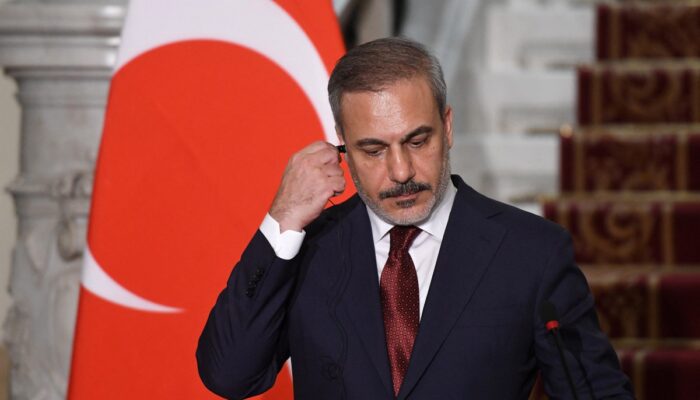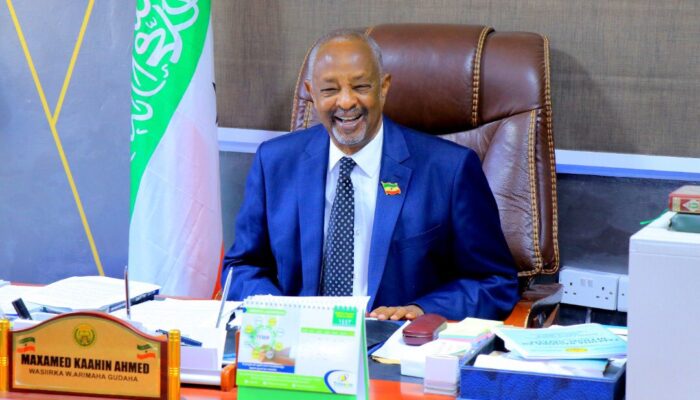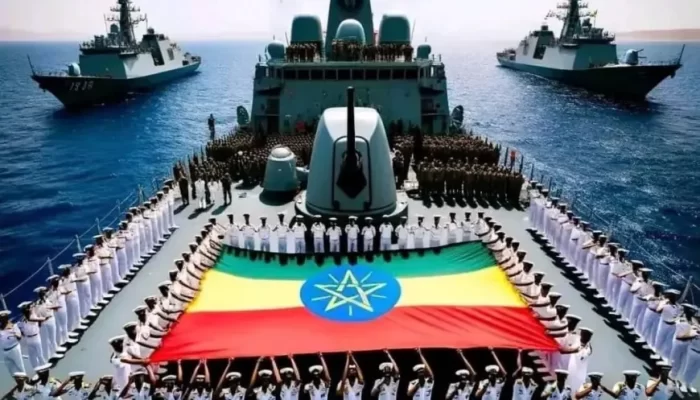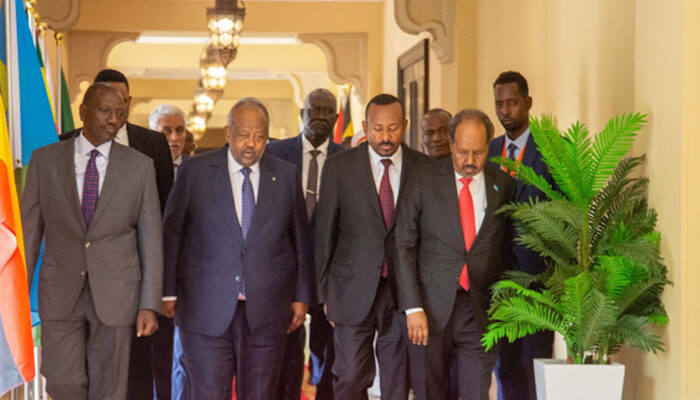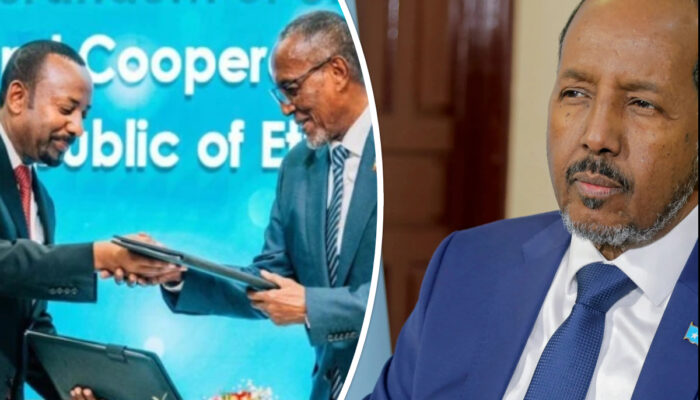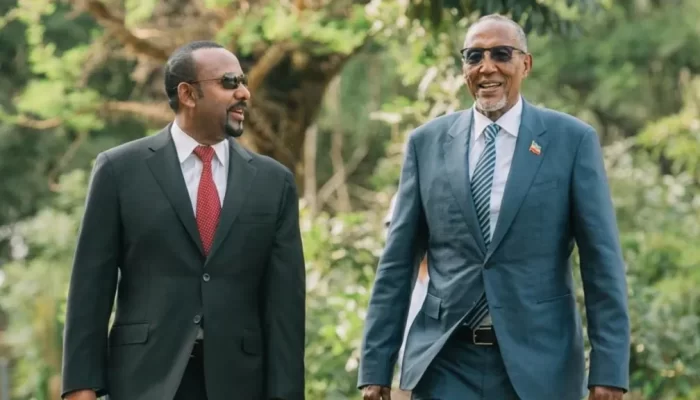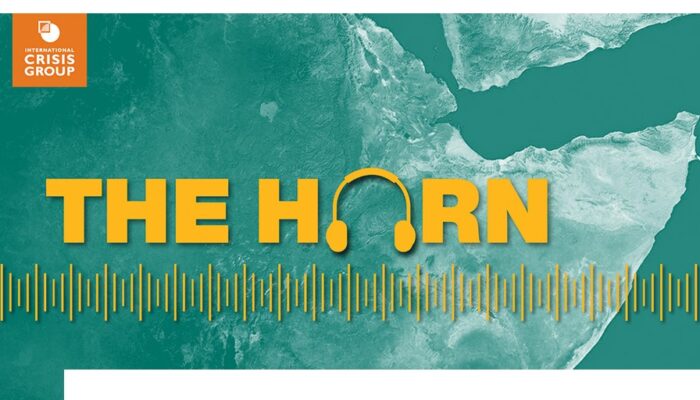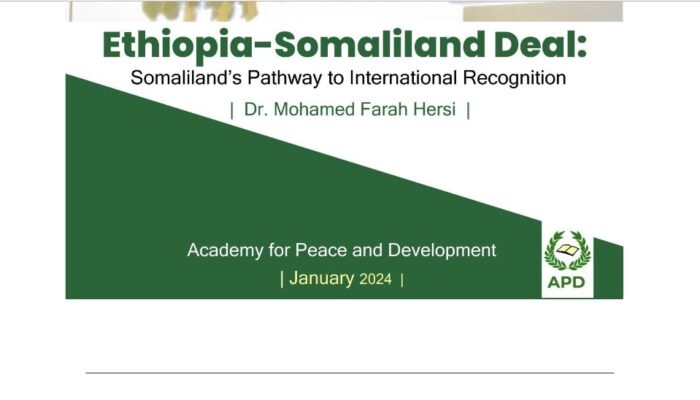Turkey Presses Somalia to Accept the MoU Between Somaliland and Ethiopia
This week, the Turkish Foreign Minister, Hakan Fidan, has declared that forthcoming negotiations, characterized by their high stakes and potential for significant breakthroughs, are scheduled to begin next week. These negotiations are intended to address a multifaceted and potentially transformative agreement Continue reading “Turkey Presses Somalia to Accept the MoU Between Somaliland and Ethiopia”

